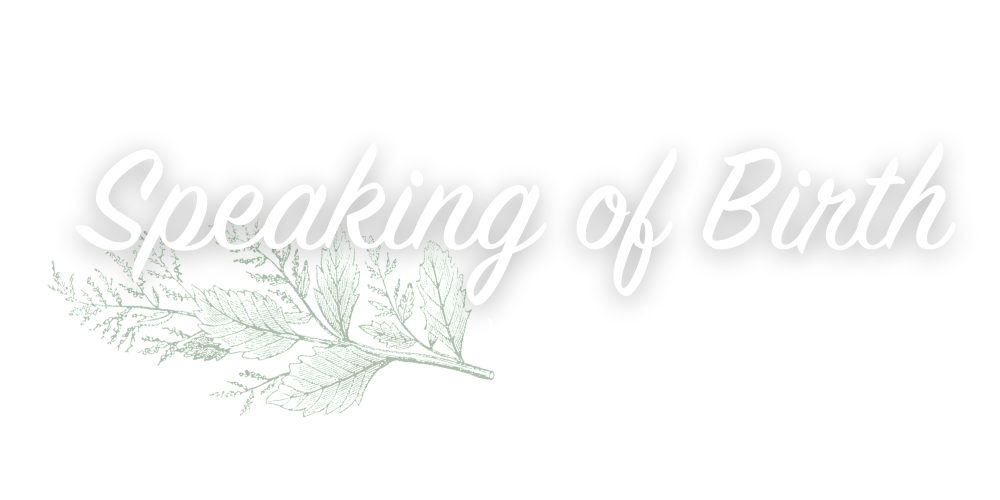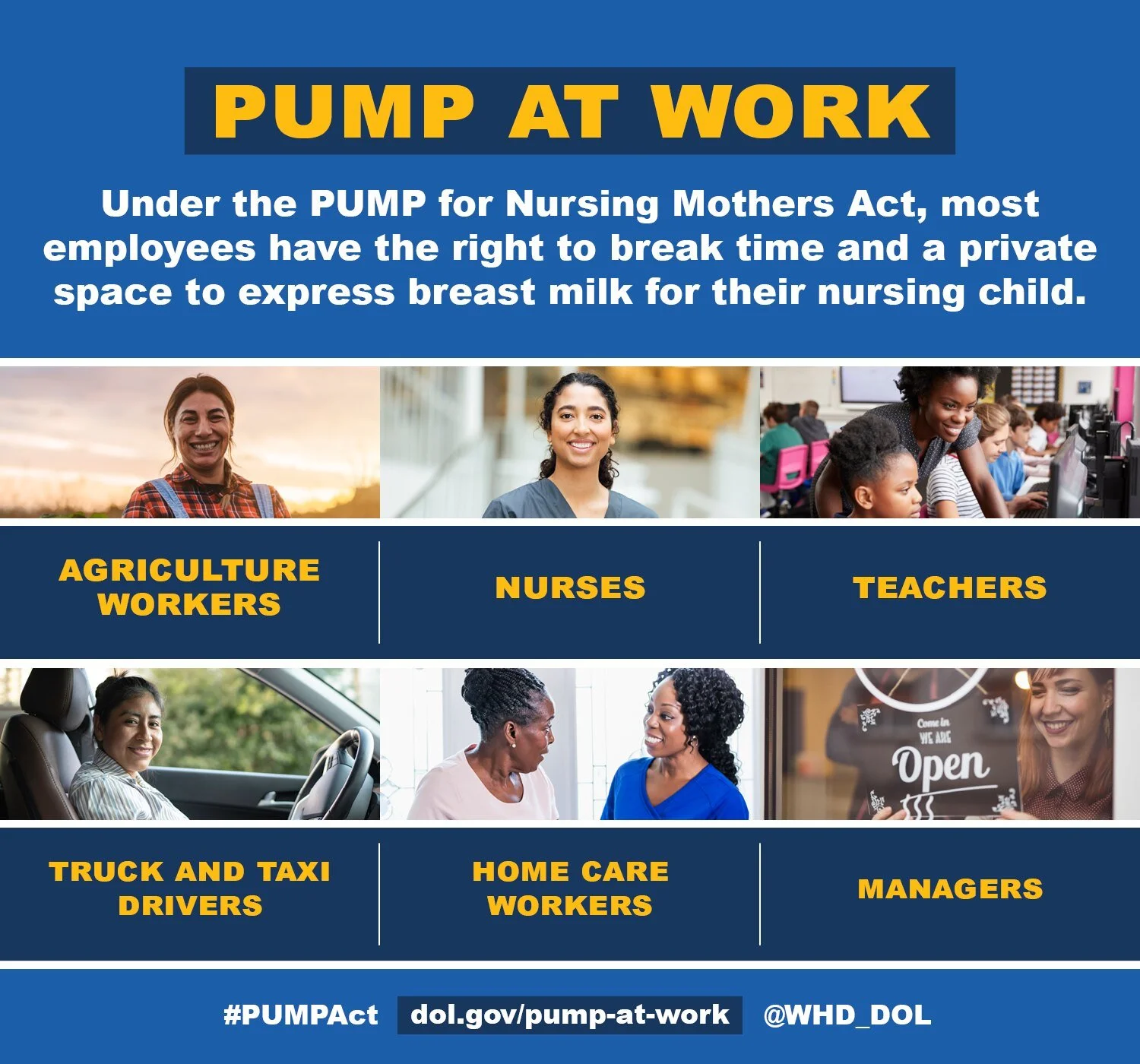Pregnancy, Breastfeeding, Barbie and Federal Laws: What a Difference a Year Makes in NJ
Spoiler alert: The Barbie Movie brings forth reflections and critiques on gender inequalities and the roles of women and motherhood with great songs and dances. With viewership breaking box office records, I only wish infographics on two brand new federal laws that support women, mothers and workers could have been flashing before the movie started. Too often, federal legislation seems a world away, impacting larger systems and funding streams. But for workers and families, this year, two pieces of legislation are changing day to day experience.
First, the PUMP for Nursing Mothers Act went into effect April 28, 2023, almost entirely closes the coverage gap that left 1 in 4 women of childbearing age without federal protection of their right to break time and a private space to pump during the workday. It expands the legal right to receive pumping breaks and private space to nearly 9 million more workers, including teachers, registered nurses, farmworkers, and many others.
NJ public school teacher, Dr. Lauren Zucker started sharing resources in 2018 well before the PUMP Act was passed for classroom teachers on pumping while working in schools. For teachers, The PUMP Act is essential to make visible. Zucker explains, “Despite our already strong breastfeeding laws in New Jersey, many employees and employers are unaware of the protections. Unfortunately, many parents anticipate or face pushback when requesting accommodations, and/or decide not to pursue their right to pump because pumping at work feels too difficult to juggle. Hopefully, the PUMP Act will continue to raise awareness of breastfeeding protections and help to normalize the process for requesting and providing accommodations to breastfeeding employees so that those who wish to express or pump at work can do so in supportive, comfortable workplace environments without fear of retaliation.”
Second, The Pregnant Workers Fairness Act (PWFA) went into effect on June 27, 2023 ensuring that covered pregnant and postpartum workers are entitled to receive the reasonable accommodations they need in order to continue working and supporting themselves and their families. New Jersey has already had a state version of this for almost nine years, but the federal law strengthens and ensures that companies with more than 15 employees are compliant.
Ruth from The Barbie Movie shares, “We mothers stand still so our daughters can look back to see how far they have come.” We are moving maternal infant health outcomes in NJ thanks to a confluence of public private partnerships including foundations, legislators, clinicians and community based organizations. However, breastfeeding support in NJ is often an under utilized lever in public policy’s focus on health equity with racial disparities impacting breastfeeding initiation and retention.
Dr. Nastassia Davis, founder of The Perinatal Health Equity Initiative documents that “The decision to provide human milk is more than a feeding choice, it is a health care decision offering a lifetime of benefits for both the mother and the infant. For Black women, the implications of the choice in mitigating conditions like cardiovascular disease and premenopausal breast cancer cannot be understated. Breastfeeding offers unsurmountable protection in the prevention of deadly health care complications common to Black women.”
This is why National Breastfeeding Month shines a light on what NJ still needs. The NJ Breastfeeding Strategic Plan reveals, “New Jersey’s breastfeeding practices lag significantly behind the recommendations of the American Academy of Pediatrics (AAP) and the World Health Organization (WHO). Exclusive breastfeeding rates in the hospitals are declining, while formula feeding and combination feeding (breast milk and formula) are rising. The protection against disease that breast milk provides, its importance to strengthening infant immune response, and its ability to be fed independent of clean water, sterile feeding vessels, and electricity, make it a critical human resource during public health emergencies.”
Let’s make visible federal legislation at the local level, sharing these two seminal bills that offer essential protections and infrastructure for women and families. To support lactation laws, the NJ Breastfeeding Coalition has an employee fact sheet as one for employers in NJ; in addition to the NJ Division on Civil Rights handouts and the federal U.S. Department of Labor’s infographics. The PWFA has resources to share. We need ways of lifting these two federal pieces of important legislation into toolkits for local neighborhoods, faith based groups, parks and places where families gather.


